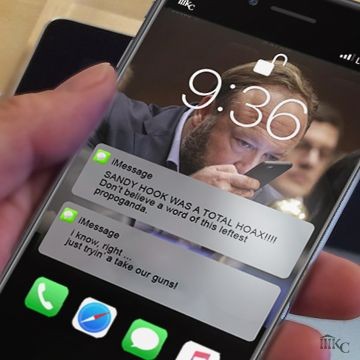The Lawyer's Lawyer
Ethical "Info Wars"
Q. After his client denied any text messages about this case, defense counsel sent me a thumb drive with hundreds of them, including some attorney-client communications. May I use these?
A. Even at war with the other side, there are ethical rules of engagement.
Before you make any use of these records, you must notify opposing counsel on the nature and extent of information received. The Rules of Professional Conduct require that lawyers promptly notify the sender of any data which they know or have reason to believe was "inadvertently sent."
Although many of these texts may fall within the scope of discovery, it would appear that some privileged material was mistakenly included. It may be tempting to capitalize on your adversary's error, but your duty to your client does not entitle you to disregard entirely the rights of others.
In law as in life, errors do occur. With the hasty click of a mouse, emails are occasionally misaddressed, privileged messages may be inadvertently produced, or documents may be accidentally included with information that was intentionally transmitted. If you think you received more than your opponent intended to send, you are ethically obliged to inform opposing counsel so that protective measures may be taken.
To preserve the rights of others, this notice requirement gives senders the opportunity to correct these mistakes. But it does not require that you bow to these efforts, destroy what you received or refrain from using the information. If a motion is filed, the court will ultimately decide whether privileges apply, whether privileges were waived by inadvertent production, or whether you must disgorge some or all of the material received. Naturally, if the sender neglects the privilege and makes no effort to limit your use of this information, later objections are less likely to prevail.
Depending on the circumstances surrounding an inadvertent production, you may volunteer to return documents or to delete electronically stored information unread. But without a court order to the contrary, your decision rests with your exercise of "professional judgment." Rule 4.4 comment [3].
When there are no rules, we might apply some variation of the Golden Rule to such dilemmas: "Produce unto others what you would have them produce unto you."
